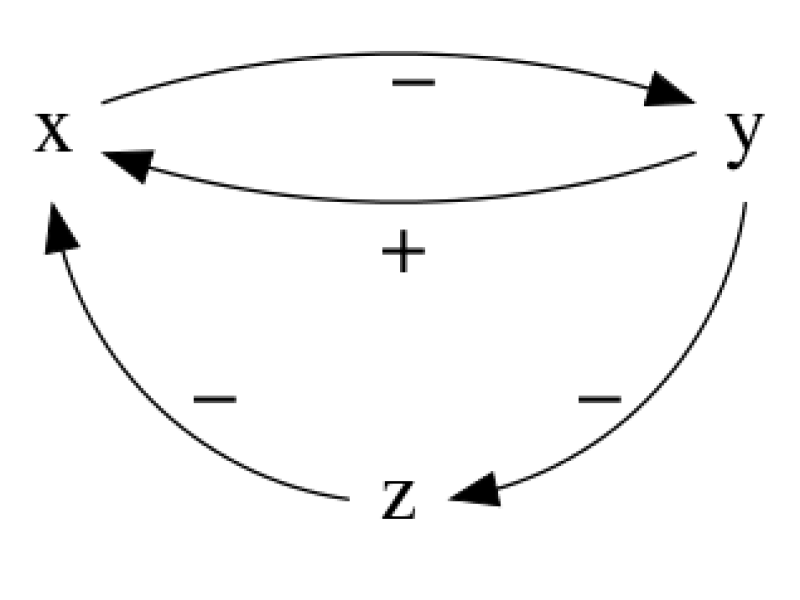This research is carried out in the framework of MATHEON supported by Einstein Foundation Berlin.
It is a collaborative project with FU Berlin. Detailed information can be found on the official project website at FU Berlin.
The problem of incomplete data often faced in systems biology modeling usually leads to the existence of a large number of alternative models with indistinguishably good data fit. Traditional modelling approaches nevertheless arrive at a single model, e.g. by incorporating unsupported assumptions or by randomly picking from the optimal models. A different approach is to consider a set of models, all in agreement with the available data. Common features of all models can then be seen as strongly supported by the data. Classification of models in the pool according to distinguishing features will be exploited in several ways. Class properties accessible via lab tests will be used for a systematic pruning of the pool in cooperation with experimentalists. In addition, perturbation analysis based on model classes allows to deal with model uncertainty in the context of drug target identification.
